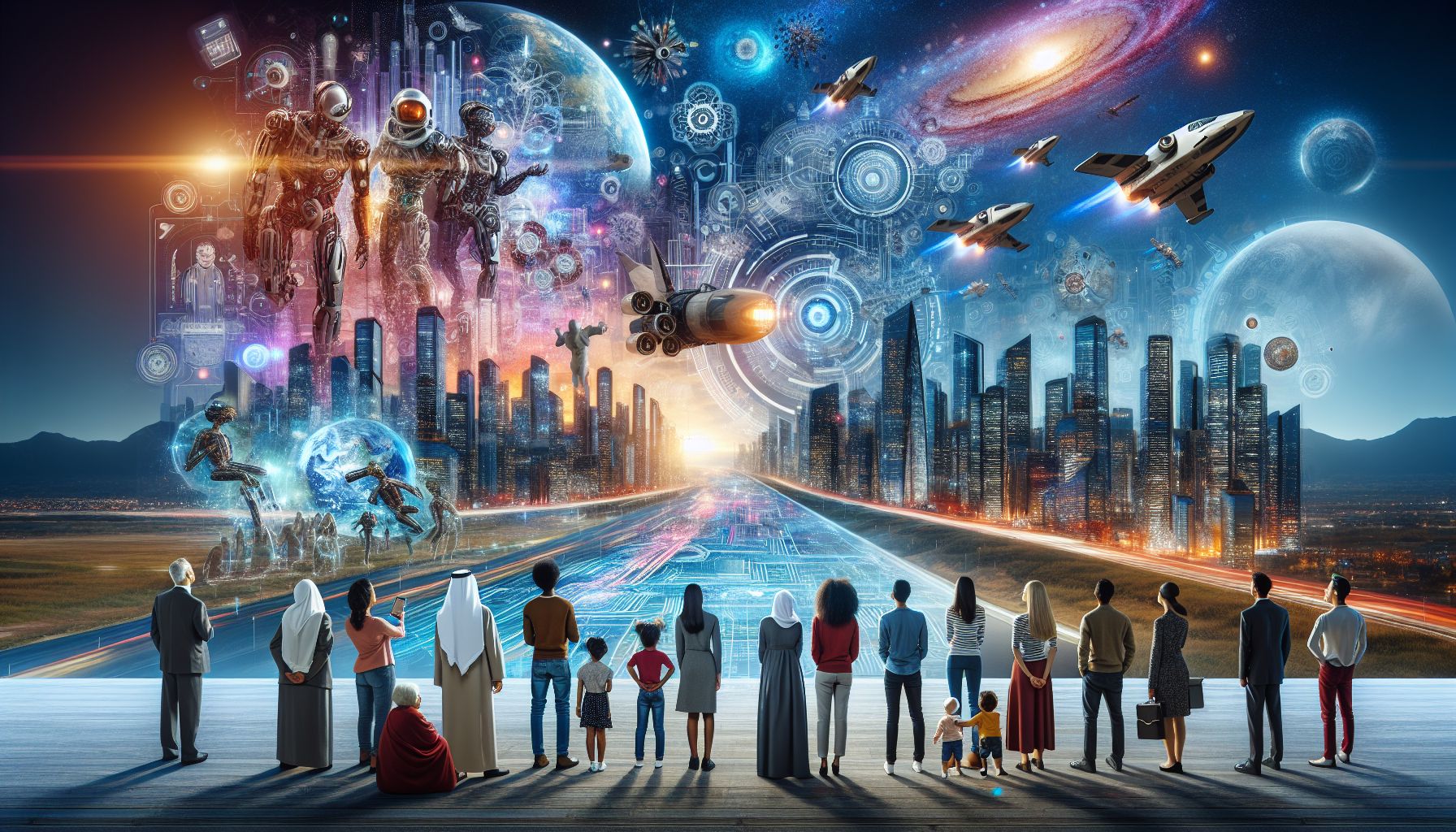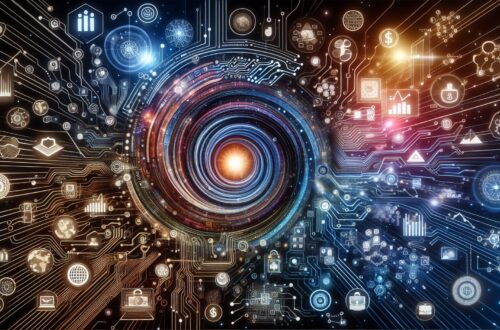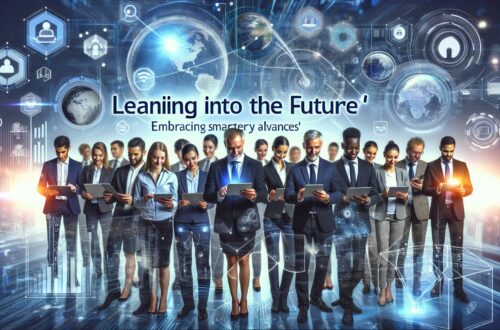We are living in a time where technology seems to be evolving at an unparalleled rate—presenting us with innovative solutions that have the potential to redefine living norms, reshape industry operations, and transcend global communication. Since the onset of the digital age, we have witnessed an exponential growth in technological capabilities. From the invention of the internet to the advent of artificial intelligence, technology has indisputably become a prominent cornerstone of civilization.
The rise of advanced technology such as Artificial Intelligence (AI) has indeed tipped the equilibrium of ethical implications. Although AI allows us to break the barriers of what could have been considered impossible, it also creates new ethical hurdles. For instance, the possibility of AI machines making decisions that were traditionally reserved for humans nudges us to question its ethical ramifications. Who is accountable when an AI makes a mistake? Can a machine ever truly understand the nuances of human ethics? These are pressing concerns that need to be addressed as we continue to integrate AI into our daily lives.
Security in the data-dominated world is another matter that deserves notable attention. In a society where value is increasingly dictated by data, ensuring its protection is of paramount importance. High-profile data breaches in the past have exposed the vulnerabilities of our current digital security measures, triggering a quest for more robust data protection solutions. Blockchain technology, with its promise of decentralized and secure data management, appears to be an innovative solution to this problem – but it still has a long way to go in terms of mass adoption and feasibility.
On a brighter note, the integration of technology has transformed the world of education in multiple ways. Interactive textbooks, online courses, and digital assessment tools have revolutionized modern education. Virtual Reality (VR) and Augmented Reality (AR) offer immersive learning experiences that can enhance cognitive understanding. However, the digital divide that exists due to varying socio-economic factors is a challenge that needs to be overcome to reap the full benefits of this technological intervention.
Summarizing, it is evident that recent advancements in technology hold the potential to invite profound transformation in various facets of human life. However, these should not be considered absolute solutions. With every advancement comes a new set of challenges that we must be prepared to face.
In the promising future, necessity and innovation will prompt us to explore deeper into AI ethics, refine our data security measures, and bridge the digital divide in education. This future beckons a new era in which humanity achieves technological maturity—capable of not just developing advanced technologies but also managing the challenges they introduce. As technological knights, it is our responsibility to mould these digital dragons in a way that they serve us, and not vice versa. This is the future we must strive for, and it is closer than we think.




